Finance
On the block: a look at airport sales around the world
From Glasgow Prestwick Airport’s financial troubles to India’s privatisation plans, airports are sold for many reasons. Adele Berti takes a look at some of the most notable airport sales of recent years and the fascinating stories behind them.
Airports are often seen as lucrative money trees, capable of attracting airlines and investors across a wide range of departments including retail and advertising.
As recent figures from the Airport Council International (ACI) show, global airport industry revenues generated over $172bn in 2017, making it a very profitable market for companies around the world.
However, financial prosperity is not something that all hubs can boast. Poor traffic rates and scarce lack of funds are only some of the causes behind some airports’ economic misery, though often times, they make for a good reason for owners to put them on sale.
In June this year, Glasgow’s Prestwick Airport, in Scotland, fell victim to misfortune and was put up on the market by the Scottish Government after yet another year of financial losses. Several other airports have faced a similar fate over the past few years, in some occasions as part of privatisation moves and in others, simply because they failed to generate enough revenue.
Here’s a look at some of the most curious episodes of airports put on sale around the world and the reasons behind their downfall.
Image courtesy of
Prestwick Airport, UK
Fresh from being put on the market just a few months ago, Prestwick Airport’s future is still hanging by a thread, with deadline for bids set for 6 September.
Outrage exploded among airport unions when the Scottish Government announced plans to sell it at the beginning of the holiday season, with many pointing to the negative impacts its sale could have on employees and the South Ayrshire area where it is based.
Yet as concerning as it might be, the decision should not have come as a surprise to many, with the ill-fated hub having long suffered dwindling passenger rates and business opportunities.
Years of financial misery had, in fact, previously convinced former owner Infratil to put Prestwick on the market, having incurred losses of £2m in 2012. The company eventually found a buyer – the Scottish Government – in 2013 and agreed to the sale for a rather modest fee of £1.
But not even the £40m loans it received from Holyrood managed to keep it alive, as figures from January 2019 showed the hub’s debt had amounted to about £38.4m.
As the September deadline looms, Ryanair is currently the only airline operating at Prestwick.
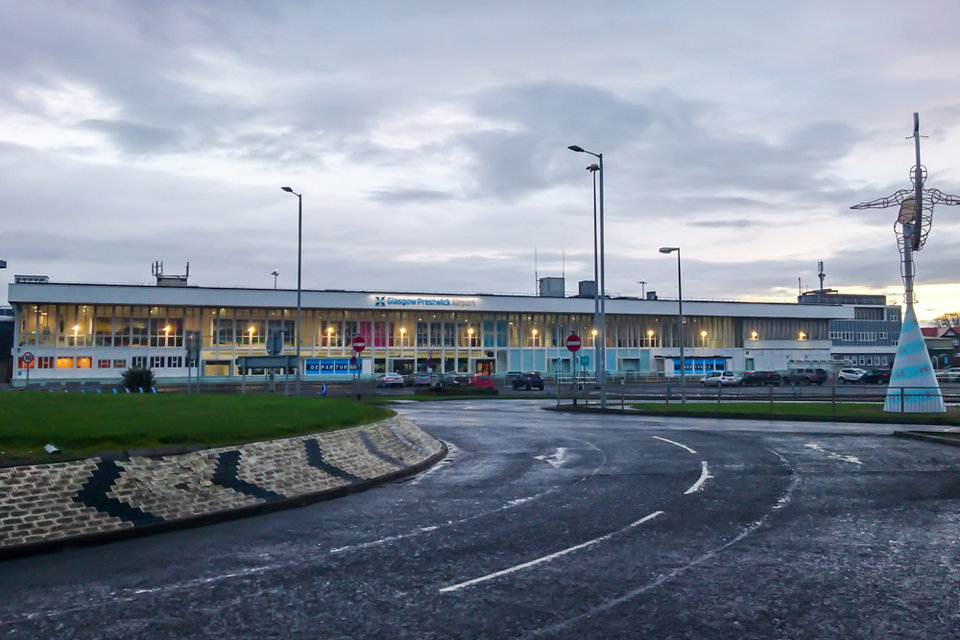
Images courtesy of lennystan / Shutterstock.com
Ciudad Real Central Airport, Spain
The history of Spain’s €1bn Ciudad Real Central Airport – previously known as Don Quijote Airport – is one that still baffles many.
Located a couple of hours from the capital Madrid, in the Ciudad Real region, it was meant to become the pride of Spain and serve ten million travellers a year.
Instead, a decade since its construction, it’s one of the most prominent victims of Spain’s recession years, which turned it into an almost entirely unused emblem of the country’s past struggles.
Three years after its extravagant opening, it was abruptly shut down in 2012 due to the owning company’s financial difficulties and a steep decline in flights.
The unfortunate hub was then put up on sale twice between 2012 and 2015; although a couple of foreign investors initially showed interest, they never went far enough to close in on a deal, leaving the abandoned to roast under the Spanish sun.
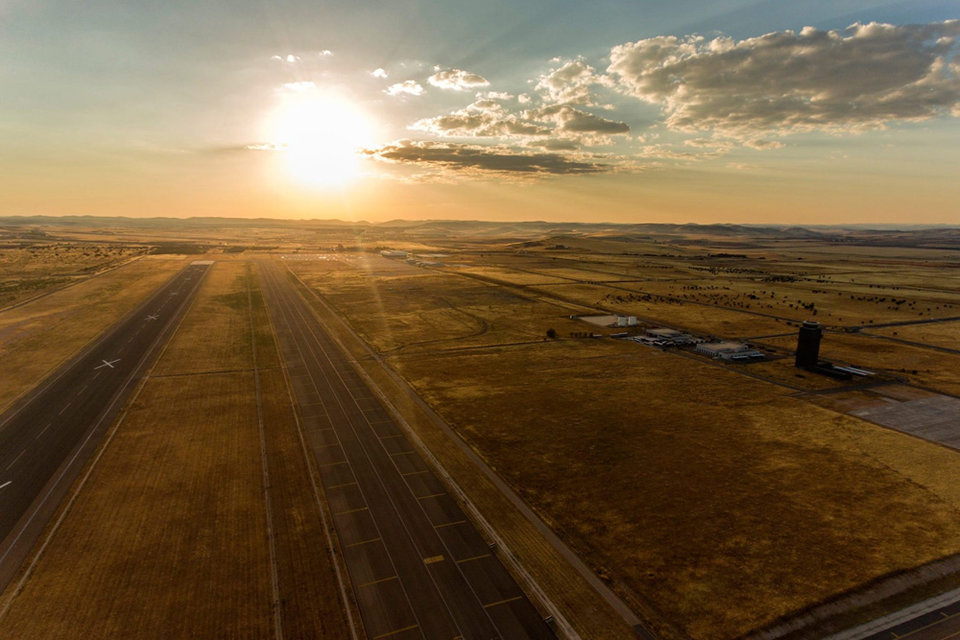
Mattala Rajapaksa International Airport, Sri Lanka
Bad luck has been haunting the southern Sri Lankan airport of Mattala Rajapaksa almost from when it began operations in 2013.
Originally set to become the second largest international airport in the country, Mattala Rajapaksa’s reputation now precedes it; it is now often referred to as the emptiest hub in the world.
Having been built on the back of a staggering $190m-worth of loans provided by the Bank of China – for a total cost of $210m – in its first year in operation, it handled a mere 3,000 flights and served just 21,000 people despite its capacity of one million passengers.
With no international flights using Mattala Airport as of 2018, the Sri Lankan Government might now have now found a way to restore its name.
Having been looking for potential buyers since June 2016, Prime Minister Ranil Wickremesinghe said in March that the doomed airport might soon be run in a joint venture with the Indian Aviation Authority.
The deal could open up to a new range of possibilities – as well as, more importantly, passengers – to the aging hub and the community it serves.
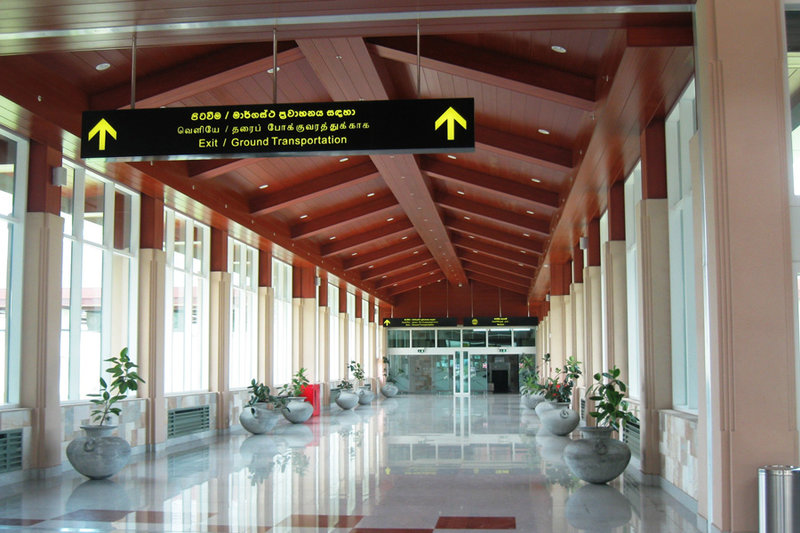
Image courtesy of Anuradha Dullewe Wijeyeratne
The BAA’s six UK airports
Not long ago, several British airports were owned by a single company whose local and international prestige threatened to reach concerning levels.
Now known as Heathrow Airport Holdings, until 2014, the British Airports Authority (BAA) was responsible for operating seven airports in the UK, including top names such as Gatwick, Heathrow and Stanstead.
Established in the 1960s to handle four British hubs, in the space of a few decades, the company’s portfolio doubled to include Naples International Airport in Italy, the unlucky Glasgow Prestwick and many others.
However, its growing monopoly within the UK aviation industry became such that it was forced to sell off all of its airports apart from Heathrow, as imposed by the UK Competition Commission.
As a result, the BAA sold a first batch of hubs – which included Gatwick, Stansted and Edinburgh –between 2009 and 2013, and another three – Aberdeen, Southampton and Glasgow airports in 2014.
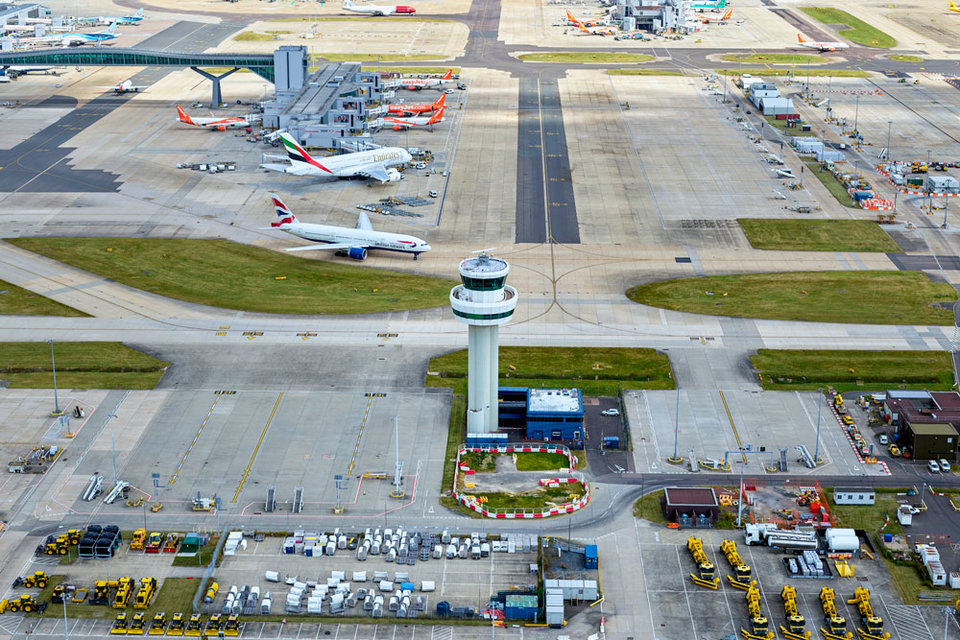
Image courtesy of Gatwick Airport
Adani Group’s brand new six airports in India
In November 2018, the Indian Government kicked off a new round of infrastructure privatisation by putting six airports – namely Ahmedabad, Jaipur Lucknow, Guwahati, Thiruvananthapuram, and Mangaluru – up for sale.
However, over the first few months, political uncertainty and mounting debt weighing on the shoulders of several infrastructure companies looked likely to compromise the hubs’ attractiveness and their future.
But as of March this year, the six airports have found a more than wealthy benefactor in Indian billionaire Gautam Adani, chairman and founder of mines-to-energy conglomerate Adani Group.
Adani emerged as the highest bidder for the whole batch, whose purchase is going to make the company the third-largest operator in India.
The deal was not completed without controversy, as different players across the Indian aviation sector claimed Adani has no experience within this industry, and hinted his friendship with Prime Minister Narendra Modi determined his success over other more established bidders.
“The entire bid process appears to be mysterious,” said Pinarayi Vijayan, the chief minister of Kerala state, after Adani Group had already won five of the six contracts. “If not, how can a single person win all the five bids?”
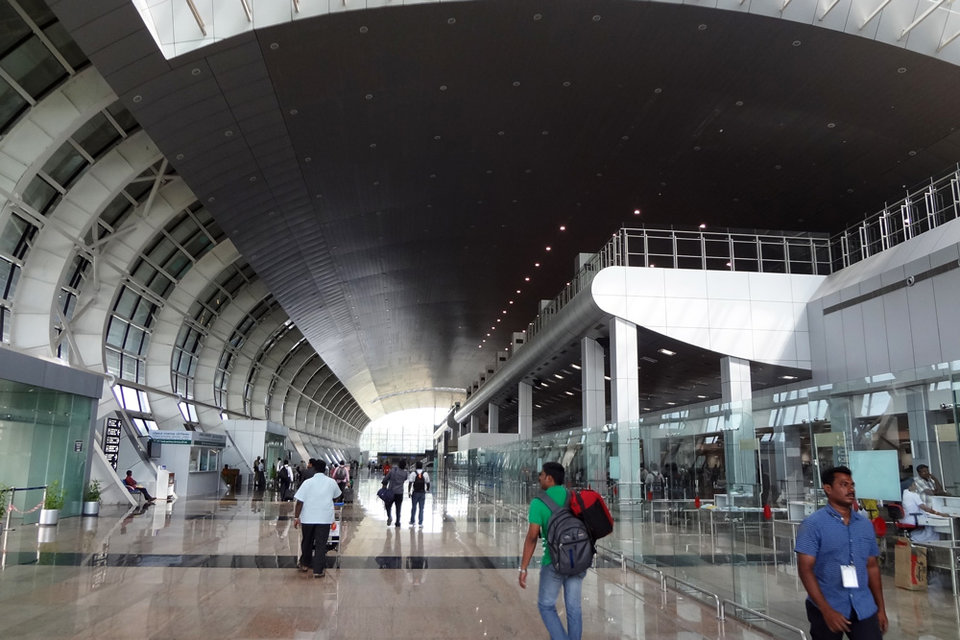
Images courtesy of Mail2arunjith / Wikimedia Commons